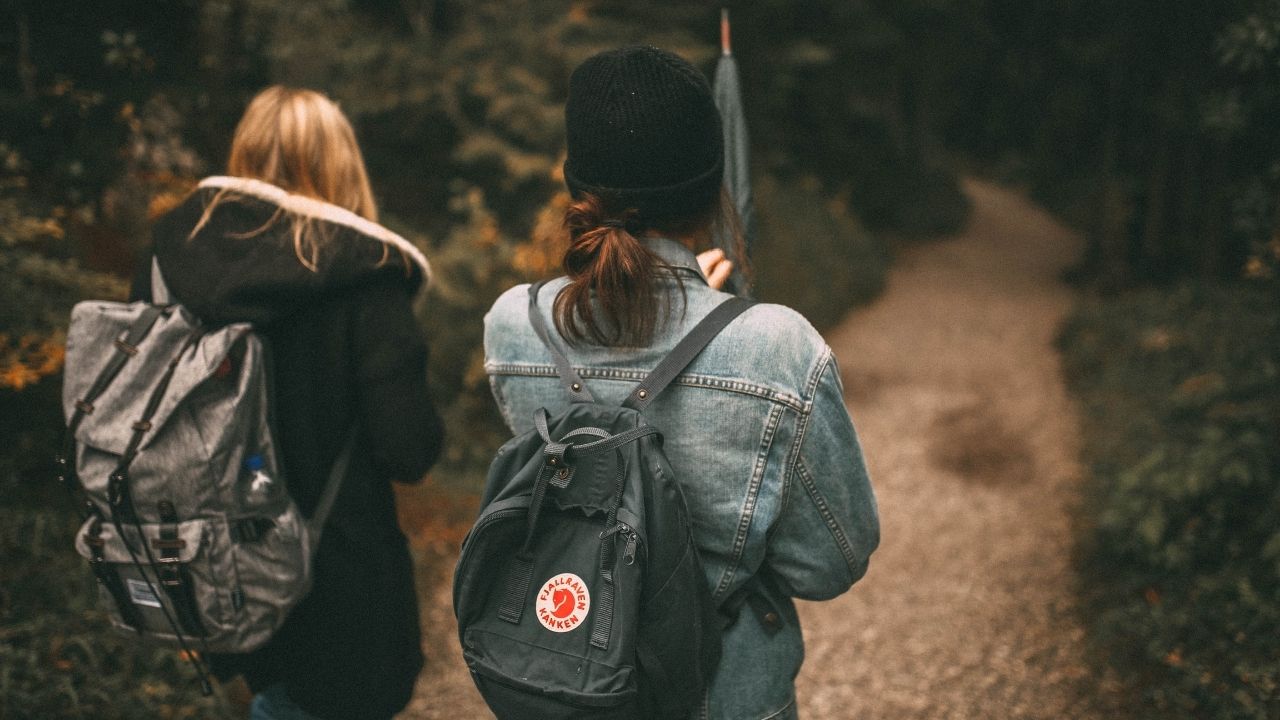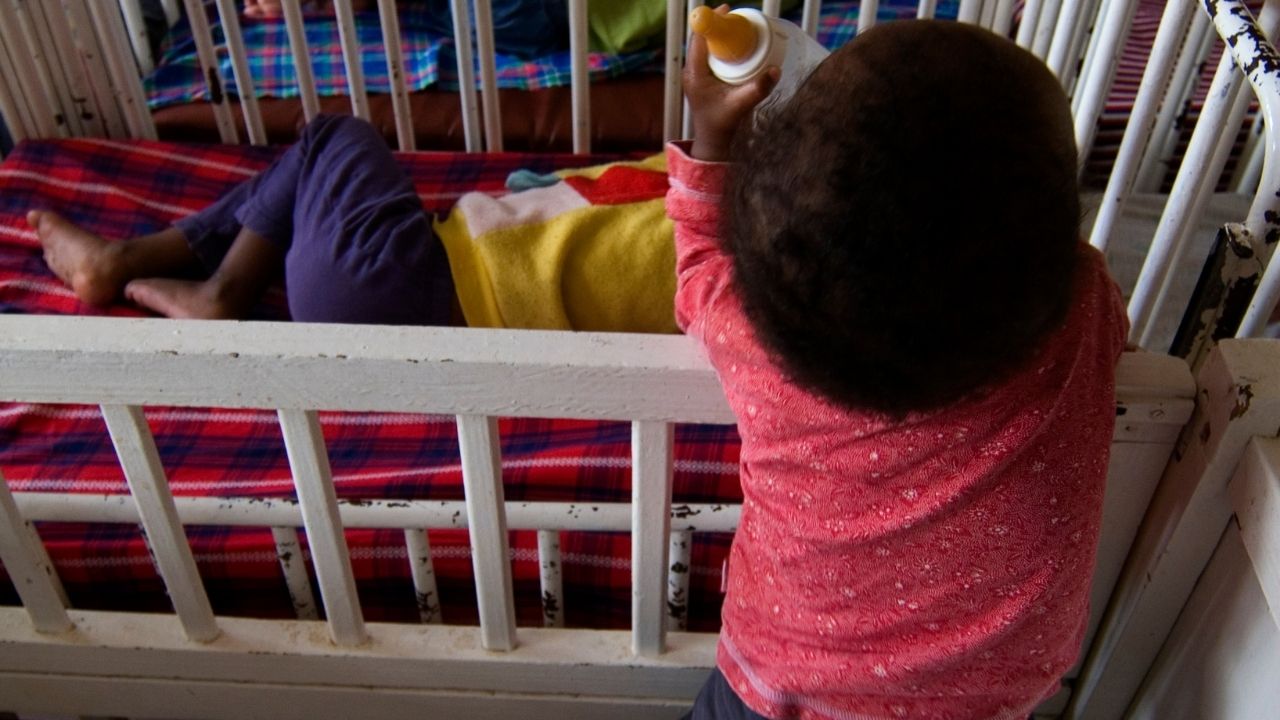International Volunteer Day – 5 December 2021

Through the International Volunteer Day (IVD) campaign this year, the United Nations aims to inspire people to get involved in solving problems, and find solutions that are feasible and lasting. Under the theme: ‘Volunteer now for our common future’, all individuals—whether they are decision makers or citizens of this world, are encouraged to take action now for people and the planet.
While volunteering is a valuable way to contribute to society and has positive benefits to both the community and the volunteer, certain forms of voluntourism, including packaged voluntourism trips, have been shown to have a range of harmful consequences and increase the risk of child sexual abuse and exploitation of children.[1]
“Many countries do not mandate any provisions for criminal background checks and convicted sex offenders are not prohibited to hold positions involving or facilitating direct contract with children “
Voluntourism and its various products allow tourists unrestricted access to children, oftentimes with very little regulation, oversight, or child safeguarding mechanisms in place. While the majority of cases of child sexual exploitation in the voluntourism context are documented within orphanages and residential care centers, the sexual exploitation of children can occur in any instance where offenders gain the trust of the community and establish contact with local children. This includes schools, day care centers, sporting facilities, religious communities and rural and remote areas. As economic push factors and vulnerabilities of children and their families were further aggravated by the COVID-19 pandemic, child protection in all settings needs to be prioritised as the travel and tourism industry restarts.
The majority of destinations receiving volunteers lack legislative and regulatory measures to protect children from sexual exploitation. [2] Peru is among one of the few destinations countries that include regulations concerning voluntourism as part of its national child protection standards for the travel and tourism industry. While comprehensive criminal background checks should be obligatory for every national and non-national applying for work with or for children, in countries such as Kenya and Indonesia, for example, these are not a mandatory provision. Many other countries across the globe do not mandate any provisions for criminal background checks and convicted sex offenders are not prohibited to hold positions involving or facilitating direct contract with children. Additionally, visits to orphanages and residential care settings, which are supposed to be safe and private places for children, are not prohibited as tourism activities in Brazil, Bolivia, Cambodia, Indonesia, India, Kenya, Mexico, Nepal, Sri Lanka Thailand or Uganda, as well as many other countries. [3]
Child safeguarding practices are not standard or widely understood practice. While some countries have strict regulations and requirements for volunteering, such as background checks, interviews, referee checks, and physical and environmental standards in place around working or volunteering with children, others – including many targeted by international voluntourists, do not.
While the pandemic aggravated push factors that contribute to sexual exploitation of children it also had a marked effect on voluntourism activities in orphanages that were limited or had entirely ceased due to travel restrictions. None of the participants in a key recent study conducted by Better Care Network reported that former volunteering activities brought meaningful contributions to caregiving. 62.5% of those asks admitted that they hosted volunteers in order to access funding. Yet, of those interviewed, 81% stated that they intended to fully resume orphanage volunteering and visiting post-pandemic. This supports existing research that orphanage volunteer placements are used primarily as a source of funding, despite the fact that lack of a screening process and proper supervision allows those with malicious intent easy access to vulnerable children, and that volunteering in residential care centers and visiting orphanages causes harm to children. [4]
As the travel and tourism restarts, orphanage tourism and other voluntourism products put children at risk of sexual exploitation if not regulated.
We are calling for:

Governments to improve legal and policy frameworks to regulate voluntourism:
Businesses and volunteer host organisations to protect children:
Travellers and tourists to undertake only responsible voluntourism activities:
The project “Ending trafficking and the sexual exploitation of children through sustainable travel & tourism recovery and development” is implemented with support of UBS Optimus Foundation.
ECPAT International. (2021). The Code Voluntourism Policy.
Detailed analysis of legal interventions to protect children in the context of travel and tourism, with a specific focus on the issue of voluntourism was conducted and published by ECPAT International. Country legal analysis was conducted for 12 target countries: Bolivia, Brazil, Cambodia, India, Indonesia, Kenya, Mexico, Nepal, Peru, Sri Lanka, Thailand, Uganda. It covers recommendations for key legal and policy interventions to be implemented by governments, if they have not done so already, to protect children in travel and tourism and specifically address the issue of voluntourism. More at: www.ecpat.org/countries and www.ecpat.org/our-impact.
Rebecca Nhep, Better Care Network; Dr Kate van Doore, Law Futures Centre & Griffith Law School (2021). Impact of COVID-19 on Privately Run Residential Care Institutions: Insights and Implications for Advocacy and Awareness Raising.